Schistosoma [Schistosoma]
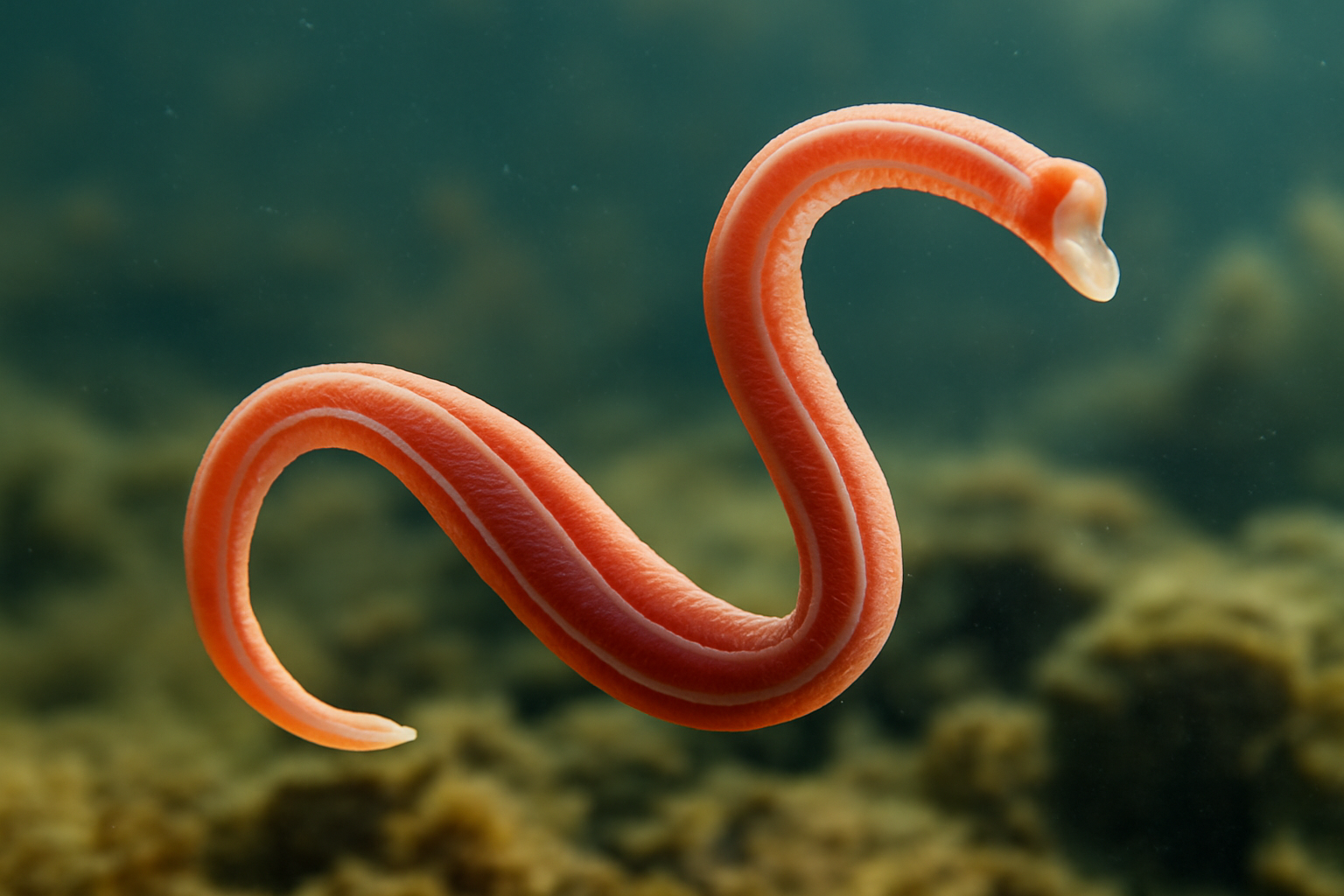
Description
Schistosoma is a genus of trematodes, commonly known as blood flukes. They are parasitic flatworms responsible for a highly significant group of infections in humans and other mammals, known as schistosomiasis. These parasites are characterized by their elongated bodies and by a complex life cycle that involves specific freshwater snail species as intermediate hosts. The adult worms live in the blood vessels of the intestines or urinary bladder, leading to disease in the host. Marine representatives are not directly involved, as Schistosoma species typically infest freshwater habitats; however, their lifecycle and impact on human health have been extensively studied due to their medical importance.
Species
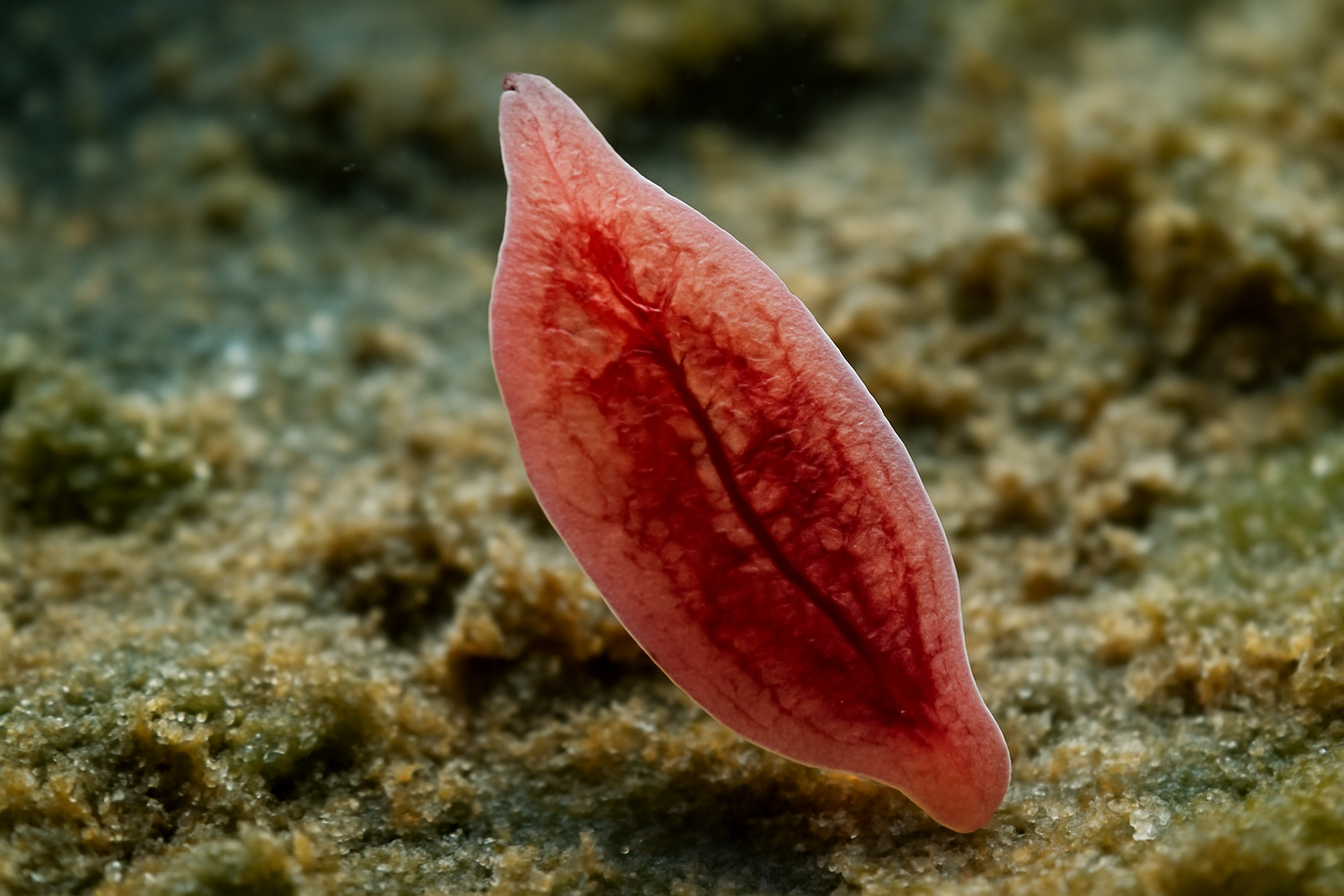
Blood Fluke [Schistosoma mansoni]
View Details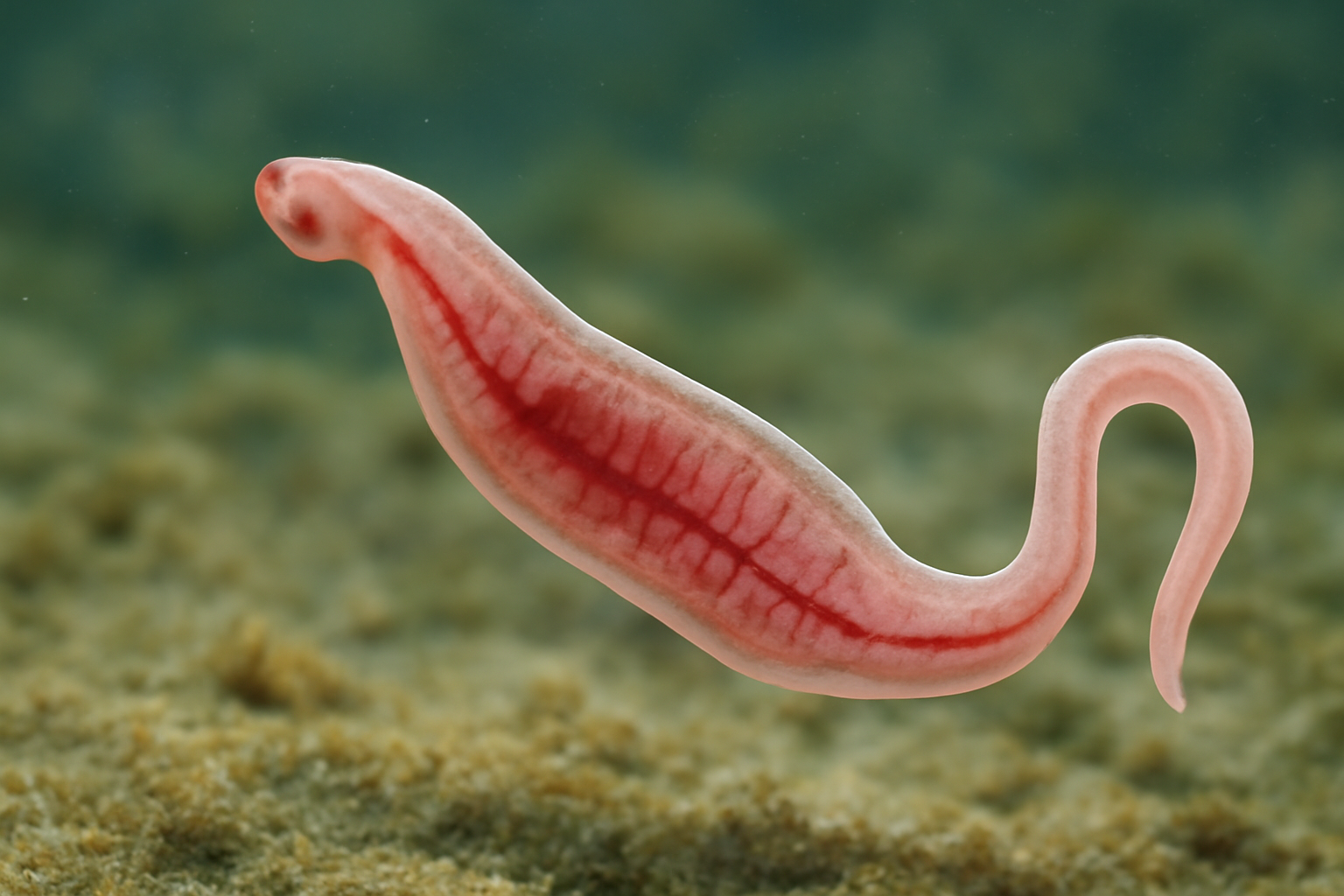
Urinary Blood Fluke [Schistosoma haematobium]
View Details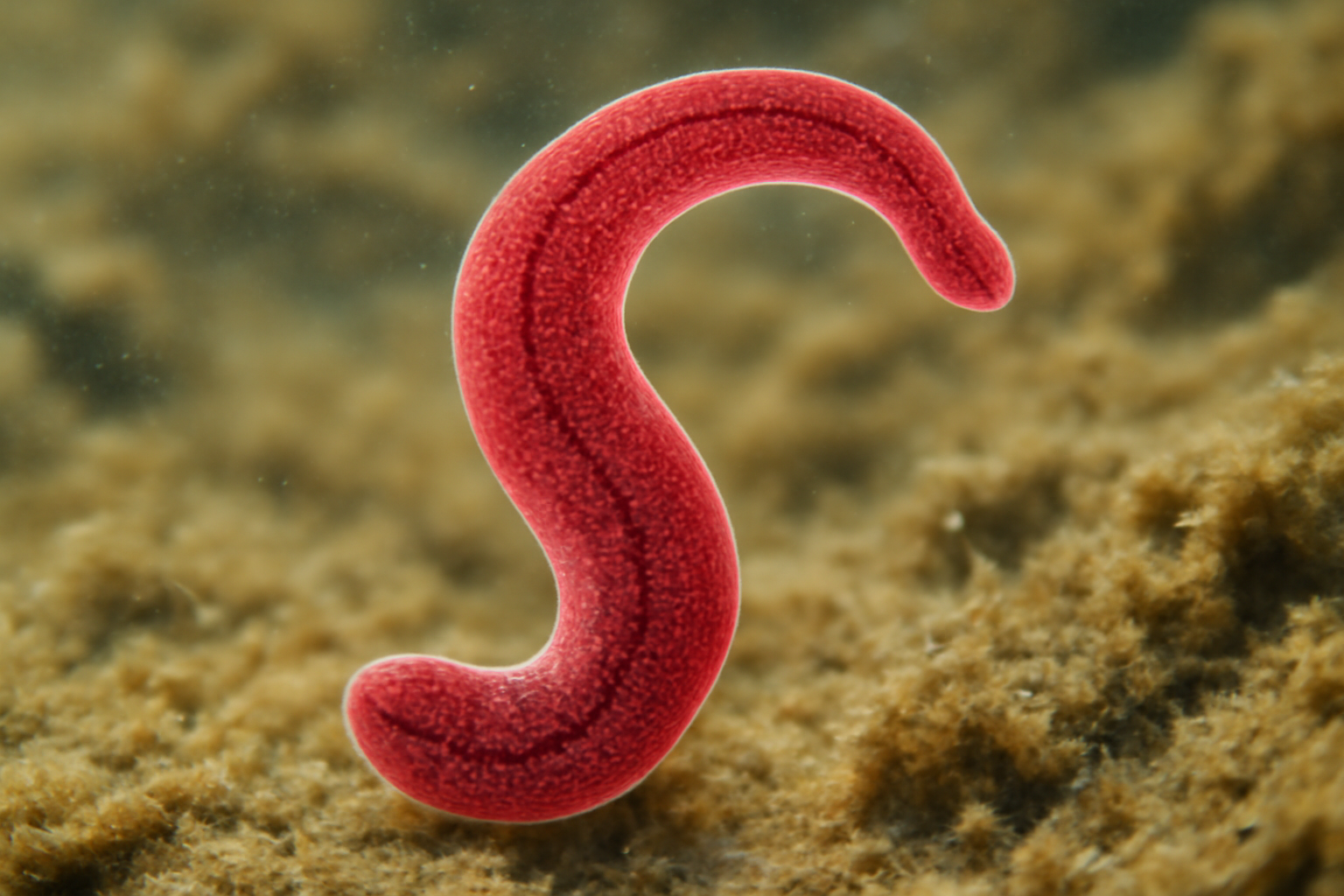
Oriental Blood Fluke [Schistosoma japonicum]
View Details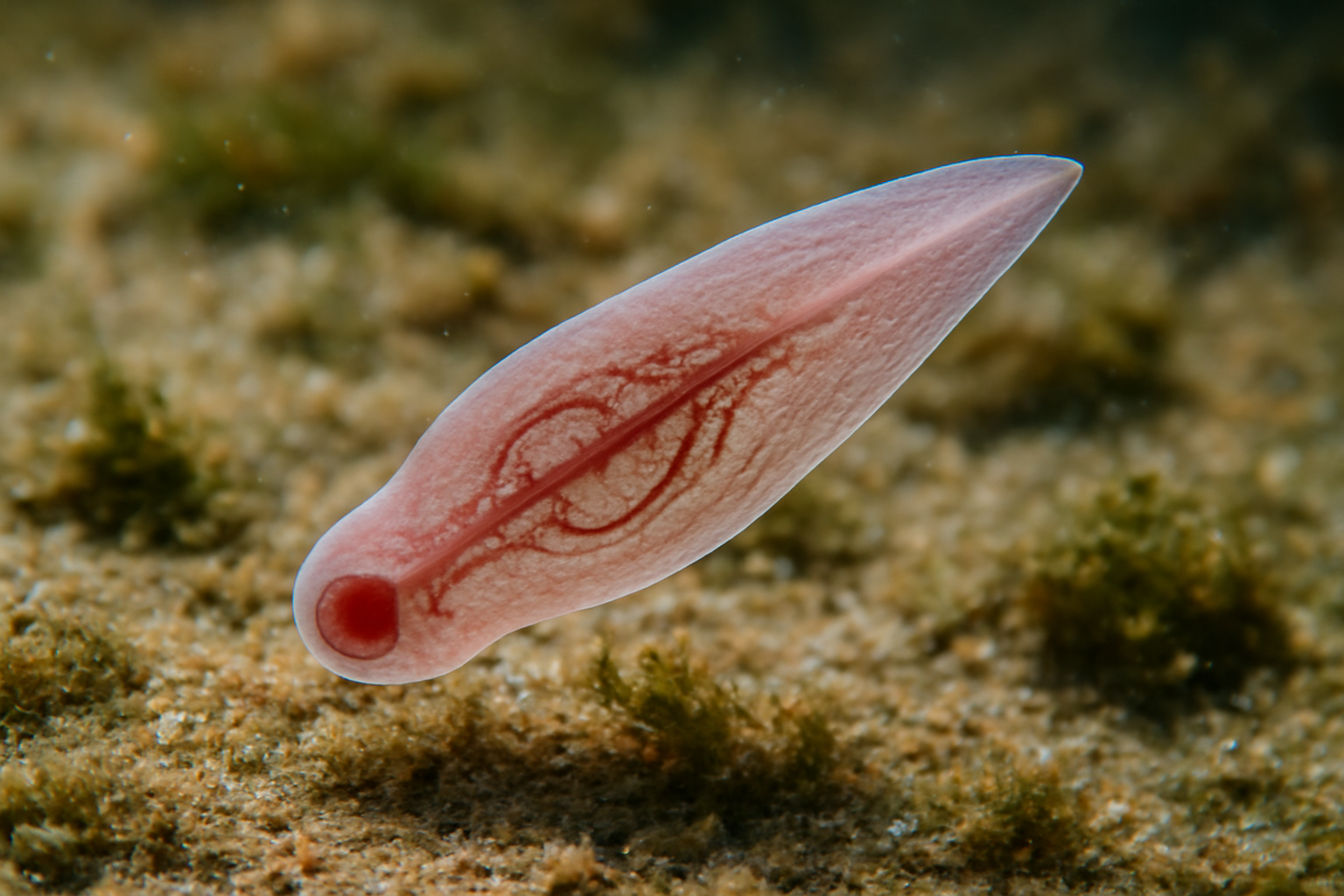
Cercarial Dermatitis-causing Blood Fluke [Schistosoma dermatitis]
View Details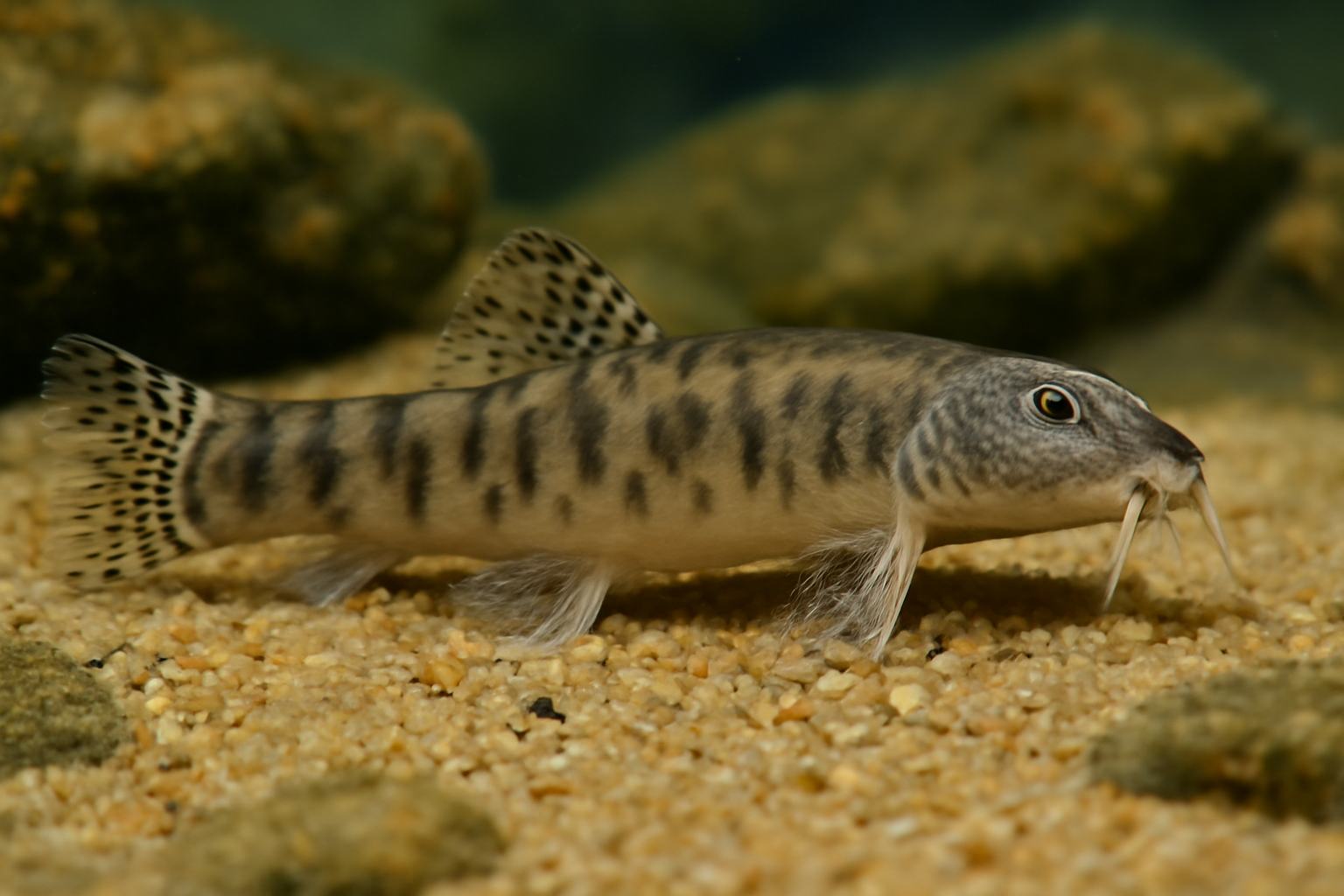
Mekong Schistosoma [Schistosoma mekongi]
View Details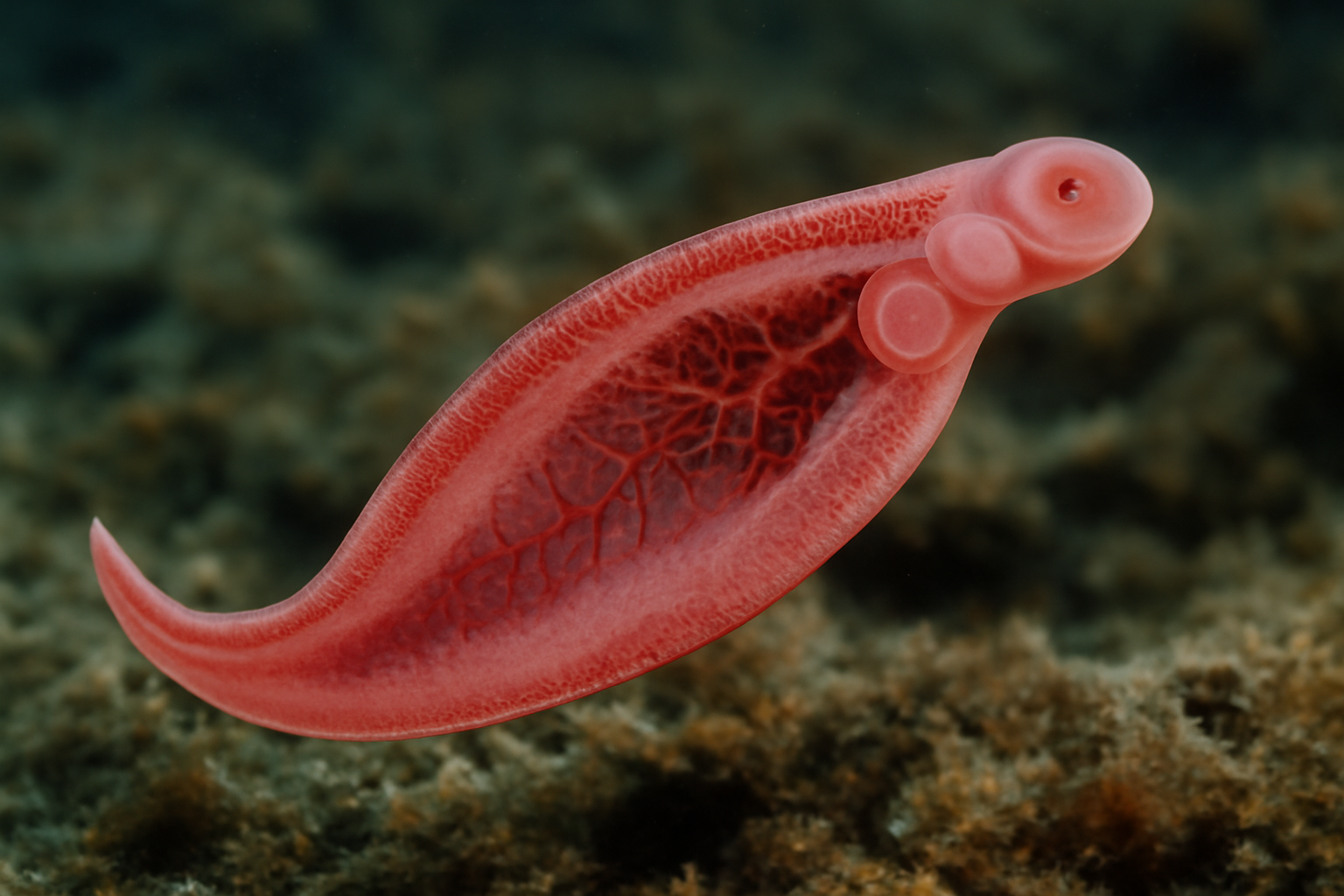
Malay Blood Fluke [Schistosoma malayensis]
View DetailsTaxonomy
| Phylum |
Flatworms
Platyhelminthes
|
|---|---|
| Class |
Trematoda
Trematoda
|
| Order |
Blood Flukes
Schistosomatida
|
| Family |
Schistosomatidae
Schistosomatidae
|
Statistics
- Species 6